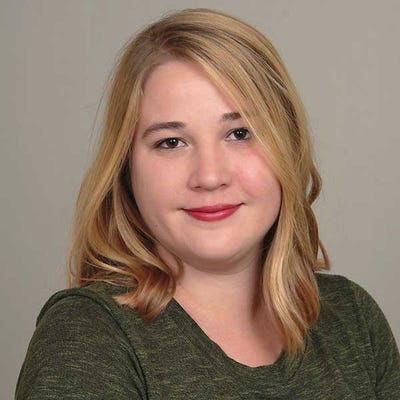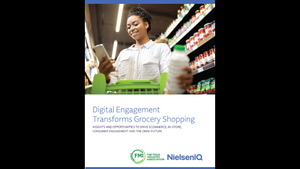The KIND Foundation Launches Social Media ExperimentThe KIND Foundation Launches Social Media Experiment
Pop Your Bubble is a digital tool that will connect Facebook users with people who are different than them.
The KIND Foundation, a nonprofit established by KIND Healthy Snacks, unveiled Pop Your Bubble – a digital tool that will connect Facebook users with people who are different than them. The release comes as new research points out people's tendency to surround themselves with likeminded people and ideas, with only one-in-five adults regularly seeking out friends who have different perspectives. The study, fielded by Morning Consult, also confirms the severity of "filter bubbles" and the extent to which algorithms dictate what people see or don't see online, with a mere 5 percent of adults seeing social media posts that differ greatly from their world view.
The custom algorithm behind Pop Your Bubble deviates from traditional algorithms that suggest familiar content based on past activity and interests. Conversely, this tool scans a user's Facebook profile and activity and suggests people whose profile and activity are least like theirs. Specifically it matches users with those who differ across key demographics, such as geographic location and age, and have historically liked and shared dissimilar content. Users are then prompted to follow at least 10 new people whose posts will subsequently appear in their feed. Those who want to go a step further can add their profile and allow future users to follow them.
"In developing the Pop Your Bubble algorithm, we took into account a variety of factors that shape someone's point of view, including where they live, when they were born and the information they choose to subscribe to. Our tool intentionally matches people on a broader basis than politics alone to better account for the whole of who they are," says Elle Lanning, an advisor to The KIND Foundation. "Using the tool may prove uncomfortable for some, as they will be confronted with ideas and opinions that diverge from their own. But we're hopeful that with that discomfort comes an opportunity for greater understanding."
While the algorithm does not directly suggest matches based on a user's political leanings, politics will inevitably be a factor due to the emphasis placed on past likes and shares. According to Robb Willer, professor of sociology and psychology at Stanford, engaging with those who hold opposing viewpoints – political or otherwise – is healthy and part of being an engaged citizen, even if those engagements don't ultimately change our mind.
"I believe it's important to pay attention to other viewpoints because it ensures your own views are fully informed and allows you to pay a basic respect to your fellow citizens," says Willer. "This initiative may be part of a better way forward – a way that emphasizes working on common concerns with respect rather than antagonism or anger."
About the Author
You May Also Like






